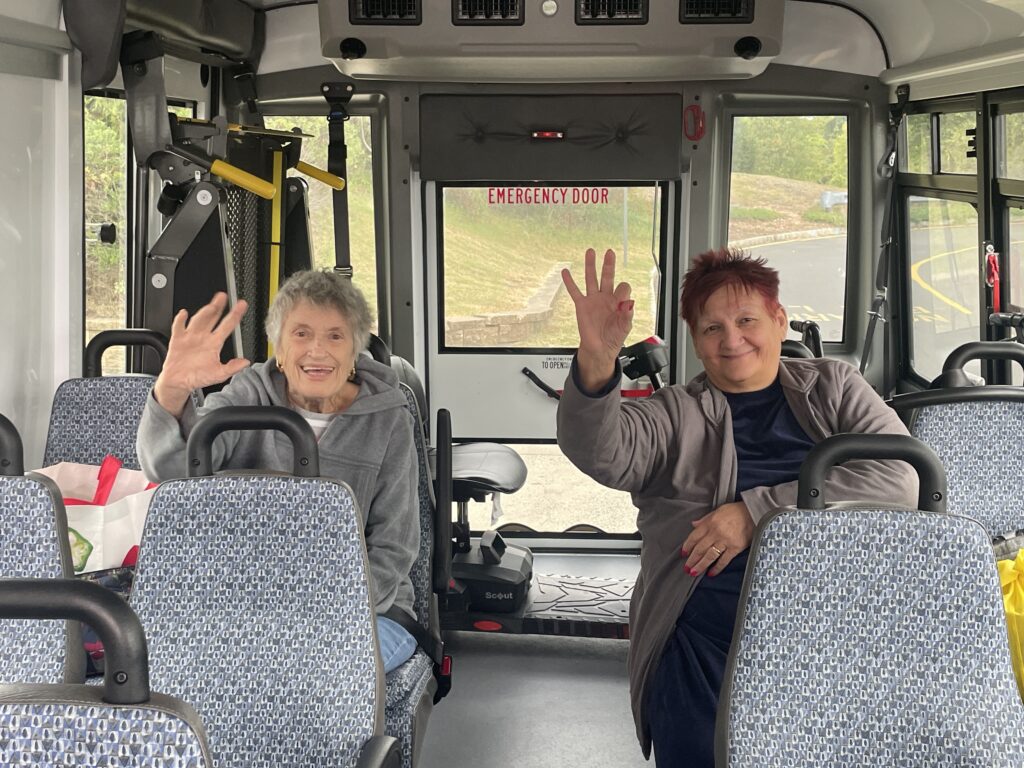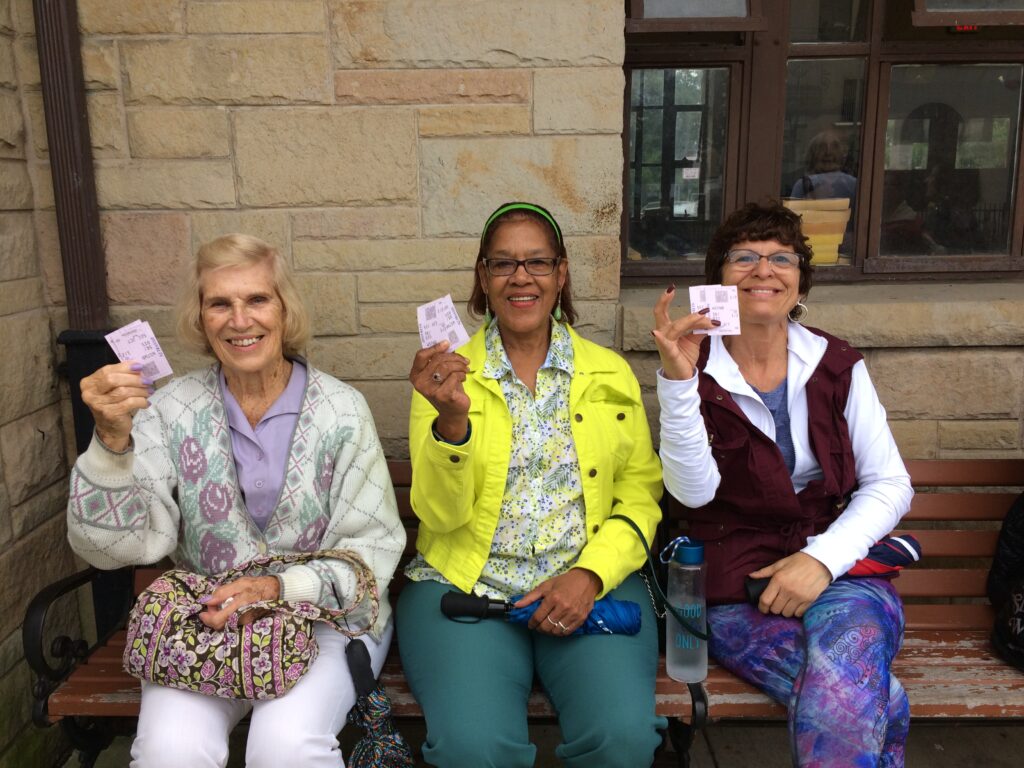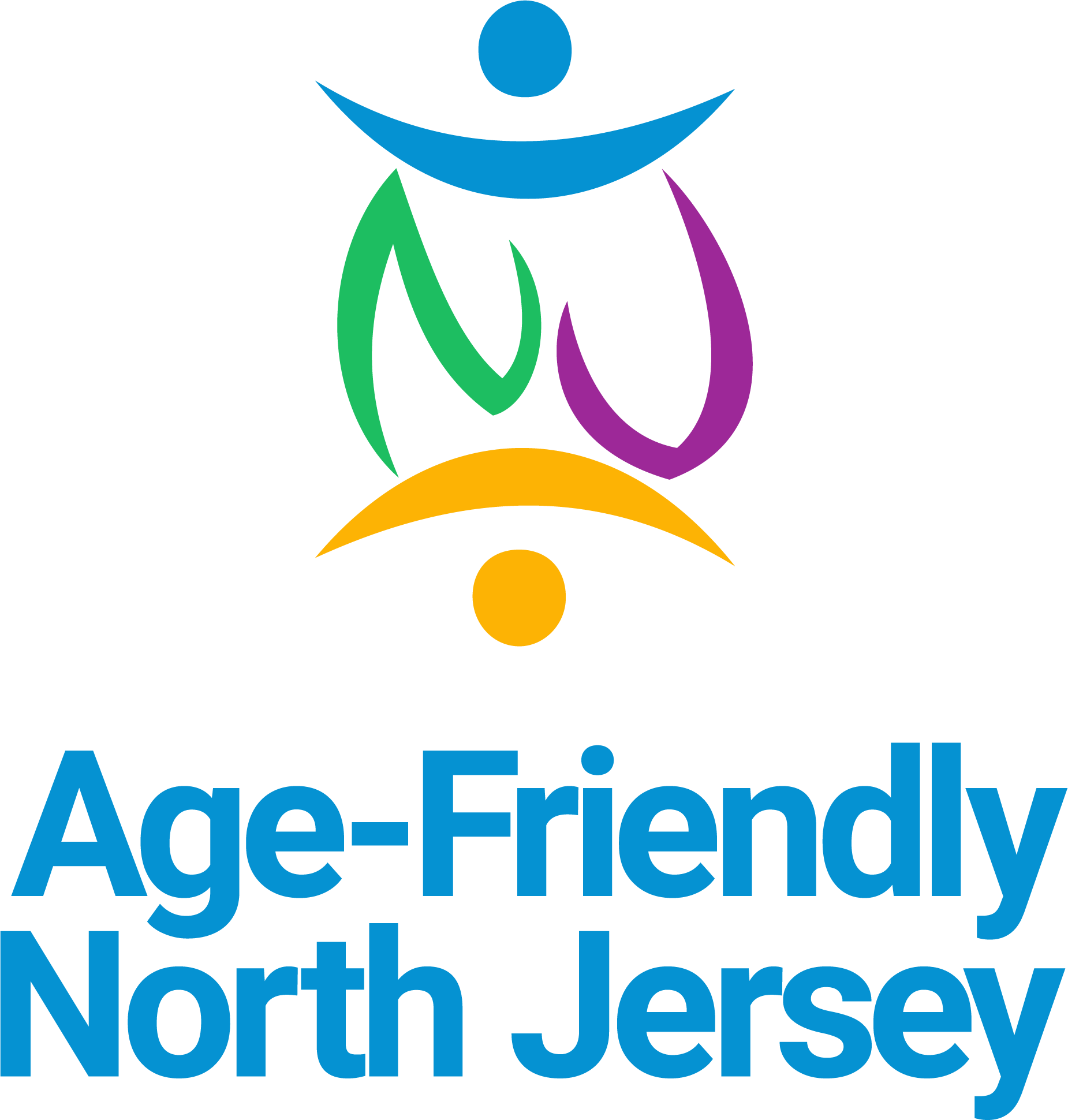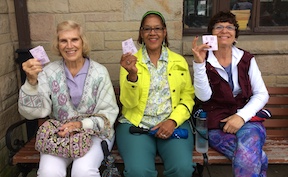Giving up driving in a car-centric state like New Jersey is a tricky undertaking – and not just for older adults surrendering the keys – but also for the family caregivers, aging services providers and local officials trying to steer them to alternatives.
“People often search for a single solution to their travel needs, but instead, a combination of transportation options might be needed to fully meet someone’s needs,” said Andrea Lubin, managing director of the New Jersey Travel Independence Program (NJTIP @ Rutgers).
Education is important because the professionals and community leaders who work with older adults might be so accustomed to driving that they also don’t know the ins and outs of transit systems or other options, Lubin said.
NJTIP @ Rutgers is partnering with Age-Friendly North Jersey (AFNJ) on an April 3 transportation symposium intended to increase awareness of the resources that could help older adults make safer driving choices or learn how to use transit systems, community transportation, ride services or other options.
“What we know from our age-friendly community work and our surveying of older adults is that transportation is the crucial link needed to keep older adults connected to their communities, their family and friends, their health care providers and their social lives,” said Dr. Cathy Rowe, executive director of New Jersey Advocates for Aging Well, which administers the AFNJ initiative. “This symposium will offer essential information about programs in the northern New Jersey region that can help older drivers and nondrivers make the right choices for themselves.”

In addition to NJTIP, other presenters and exhibitors at the event include Access Link, EZ Ride, Car Fit, NJ Transit, Mature Drivers New Jersey, North Jersey Transportation Planning Authority, and county and municipal transport services.
The April event is not the first collaboration between age-friendly community leaders and the staff and researchers at NJTIP, which is part of the Alan M Voorhees Transportation Center at Rutgers University.
Nor will it be the last. NJTIP was recently awarded an age-friendly project grant from the New Jersey Department of Human Services.
The grant will fund a program called TIP Passaic STEP, which will focus on educating local older adults and professionals in Paterson and Wayne on how to effectively navigate public and community transit. Both municipalities are partners in the project, along with the Catholic Family & Community Services of Paterson.
“To create a truly age-friendly community, it’s crucial that older residents are both informed about and comfortable using community and public transit options,” Lubin said. “All of us want and need to access a diverse array of services and opportunities in our day-to-day lives, but too often transportation is overlooked as the essential link uniting these needs.”
The TIP Passaic STEP project will seek to get more residents thinking about transportation alternatives long before the day comes when they are no longer comfortable driving. An advisory committee will be created and listening sessions held so that NJTIP researchers can gather anecdotal data about mobility needs and challenges in those communities, which then can be used to support broader community efforts to implement sustainable, age-friendlysolutions.
A key reason why Passaic County was chosen as the location for this project is because about 12% of residents who are age 65 or older live below the poverty level, compared to 9% statewide, which makes finding affordable transportation options a higher priority. Also, The NJDHS Division of Aging Services’ 2021 Living Below the Line Reporthighlights that Passaic County has one of the highest rates of overall Elder Economic Insecurity in New Jersey at 61%, compared to the statewide rate of 52%.
NJTIP’s mission is to increase the independence of people with disabilities, older adults, and others by empowering them to use the public transportation system safely and independently. The program offers individual travel instruction, group training to people with disabilities, older adults, caregivers, and other professionals; as well as informational sessions targeted to professionals and caregivers.
NJTIP also has partnered with the state’s Inclusive Healthy Communities program to provide trainings to people with disabilities. In addition, many community initiatives within the AFNJ alliance have co-sponsored NJTIP informational sessions and trainings for older adults, including a transit orientation and training event sponsored by Westwood for All Ages (pictured below). Several of the participants went on their first-ever NJ TRANSIT trip through the training, providing them with invaluable, first-hand experience using public transit.

NJTIP’s classroom instruction focuses on familiarizing participants in a small group setting with local and regional accessible public transportation options. Information on available resources – including websites and apps – to assist with trip planning and scheduling are also presented, as are details related to using accessible public transit features, such as bus lifts and train bridge plates.
“Transportation needs vary from individual to individual and also are very dependent on the geography you live in,” Lubin said. “That’s why education about resources is so crucial.”
To learn more about educational offerings from NJTIP, click here.
To register for the April 3 symposium, click here.

